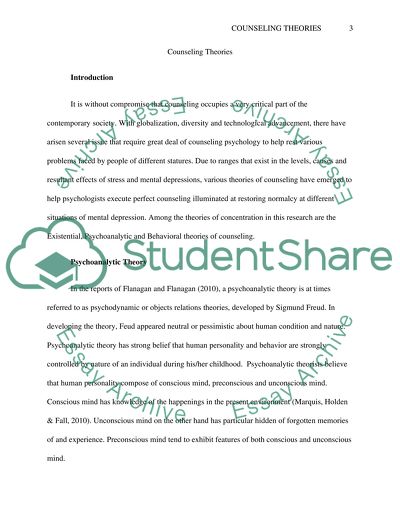Cite this document
(“Counseling theories Essay Example | Topics and Well Written Essays - 1750 words”, n.d.)
Retrieved from https://studentshare.org/psychology/1435667-counseling-theories
Retrieved from https://studentshare.org/psychology/1435667-counseling-theories
(Counseling Theories Essay Example | Topics and Well Written Essays - 1750 Words)
https://studentshare.org/psychology/1435667-counseling-theories.
https://studentshare.org/psychology/1435667-counseling-theories.
“Counseling Theories Essay Example | Topics and Well Written Essays - 1750 Words”, n.d. https://studentshare.org/psychology/1435667-counseling-theories.


